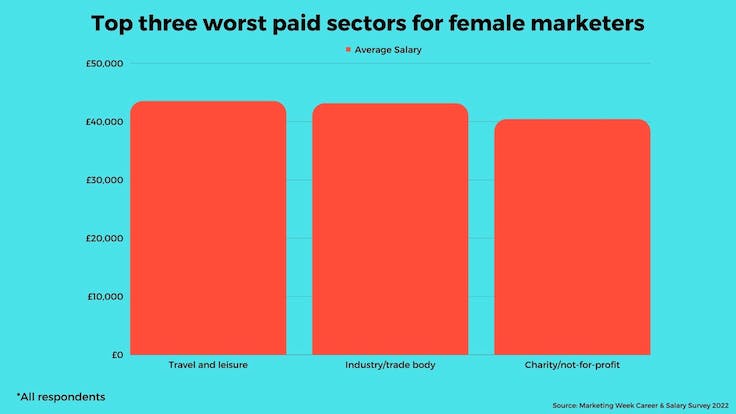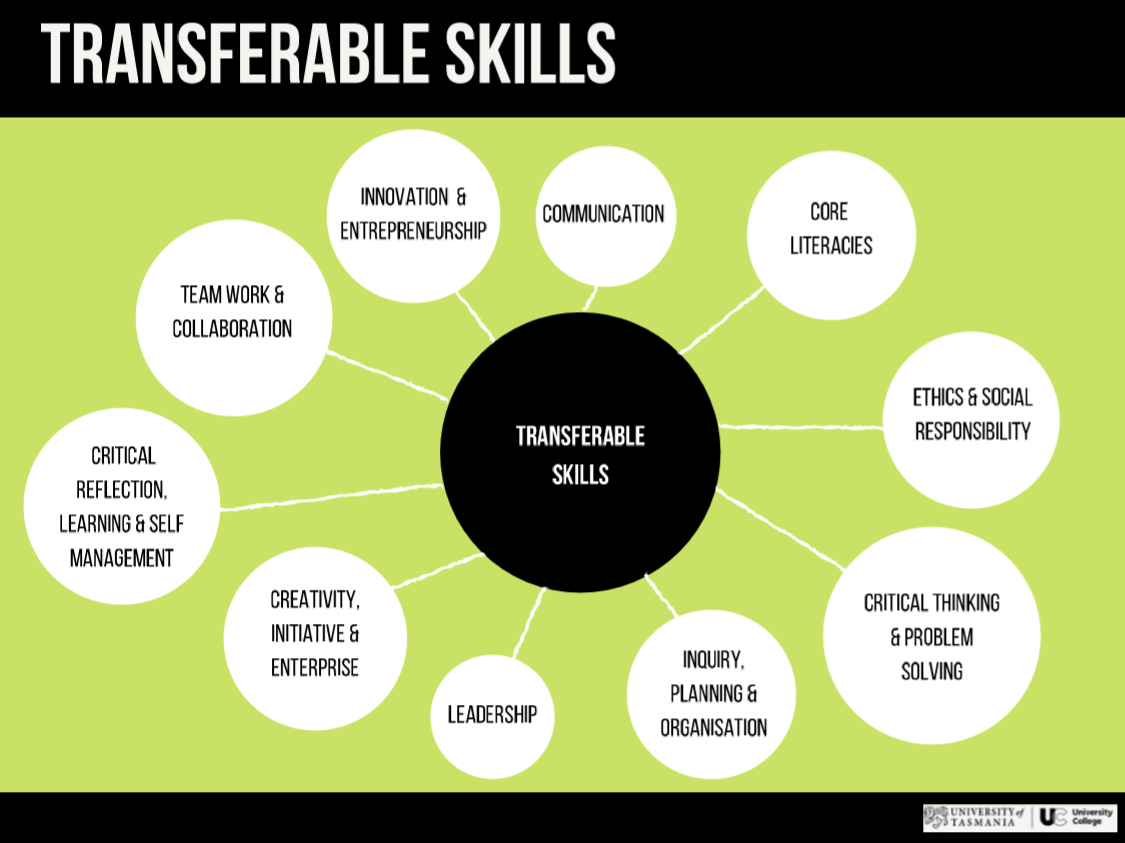
When making career decisions, your gut instincts may be a good guide. These instincts are not to be ignored. They can be very helpful in evaluating aspects of a decision based on our past experience, like assessing a person's reliability and trustworthiness. However, they don't work well for those aspects that are brand new to us.
Career decisions can be made with gut intuition
If you are in the process to make a career decision, your gut intuition can prove invaluable. Your gut instinct may not always be accurate and not all the relevant information. If you don't spend the time to research other information that could help you make a better decision, your instincts may not be accurate in deciding on a job offer.
Gut intuition comes from your experience and draws from both subjective and objective information. Intuition can be learned and improved, unlike emotional decisions. It takes time to analyze a situation, and to look at examples and prototypes. It's possible to use what you learn for your future decisions.
Family influences on career decision-making
Family is a key factor in career decisions. This fact has been well documented and widely accepted. This can include factors like parental values, gender perspectives and family dynamics. Future research might also examine the roles of grandparents and extended family members. It may be worthwhile to investigate the impact of grandparents upon children's career choices.

The influence of family in career decision-making has been found to be positive for the overall career process. It also has been shown to increase job satisfaction and life satisfaction. Important to note, however, that studies have not demonstrated significant mediation between parental education and happiness. Furthermore, it is unclear if parental income or education have a direct impact on CDSE and selfefficacy.
Explore career options
Career exploration is the process of comparing all options and deciding what you want. This helps you see where your career is at and if it's a good fit for you. It can also help you find a new career that you find more rewarding and that involves learning new skills.
The process of exploring your career options should be ongoing and something you do throughout your professional career. While it can be frustrating at times, this process is designed to guide you to make better decisions that will ultimately lead you to a career you love. It involves evaluating your interests, personal values, technical abilities, and work-life harmony to determine the right career path.
Career outcomes expectancy
Career outcomes expected (COE) measures self-efficacy as it relates to career decision making. This measure helps students make better decisions when choosing a career path in STEM fields. Researchers have developed different ways of assessing CDSE and its impact on career choices.
A demographic variable is one of the best ways to gauge self-efficacy in career decision making. The study is based on minority views, which allows for a thorough exploration of the perspectives of the participants. To analyze the collected information, the scholars immersed themselves in the data, reading individual texts several times. Then, they developed preliminary codes based on the readings. These codes were documented in a comprehensive codebook, and a continuous comparative procedure was used to refine them.

Interpersonal factors
Social interaction is often a key factor in career choices. This study examined the influence of social relationships and family on career choices. Although the findings were consistent across all participating students, there were differences in the extent to which family and friends influenced career choice. Students were more likely to make informed decisions about the future if they were in a supportive setting or with their family.
Career decision-making involves complex processes that involve many domains. Gelatt's progressive model for decision-making is a good foundation to understand the process. The model illustrates the decision-making process as an ongoing activity that changes dynamically with additional information. One example is a young learner exposed to technology during school may choose to go into technology. Adolescents can also use text and information from other sources to help them make decisions.